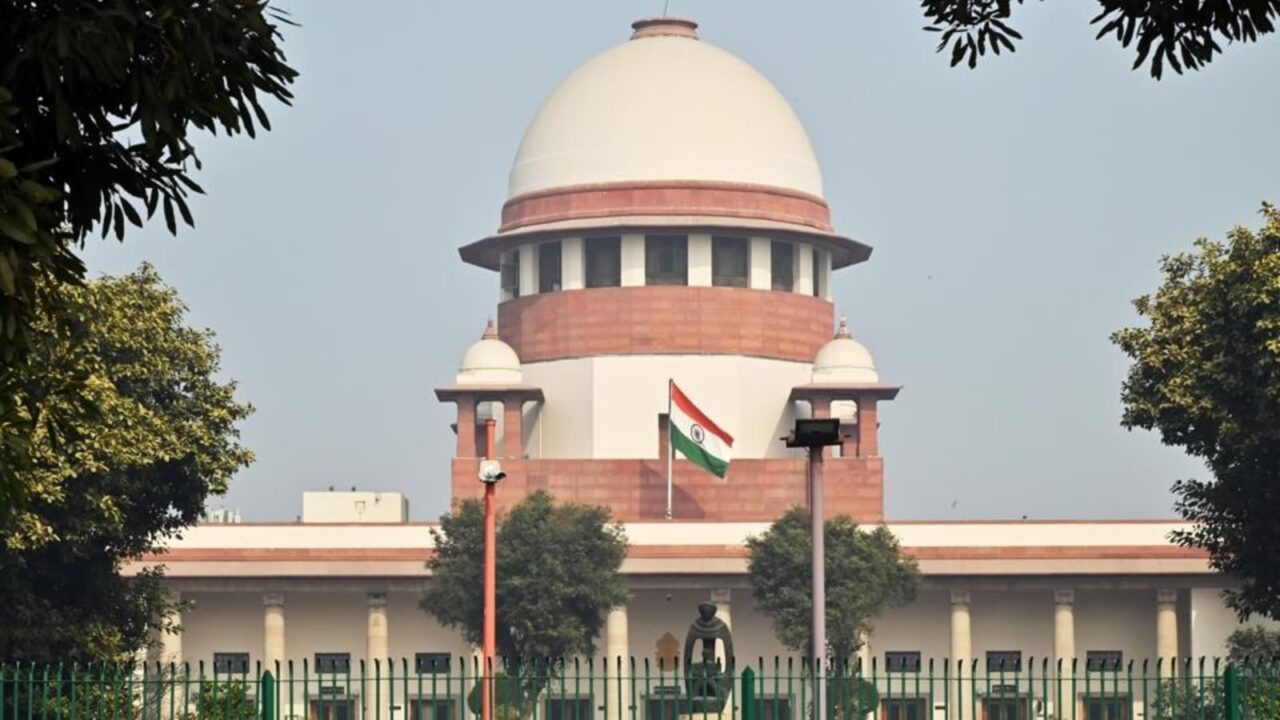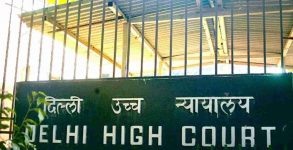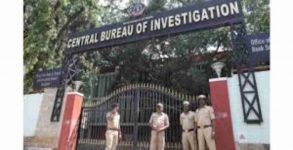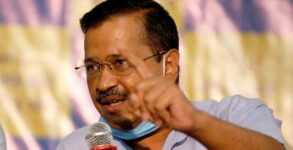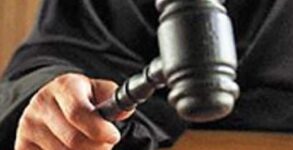On Tuesday, the Supreme Court adjourned for a week the hearing on a petition submitted by former JNU student Umar Khalid seeking bail in a case filed under the anti-terror law UAPA for his alleged involvement in the conspiracy behind the February 2020 northeast Delhi riots.
Justices Bela M. Trivedi and Dipankar Datta postponed the case because Khalid’s counsel, senior advocate Kapil Sibal, was unavailable.
The Supreme Court judge Justice Prashant Kumar Mishra recused himself from hearing Khalid’s appeal on August 9.
A tribunal composed of Justices A S Bopanna and Prashant Kumar Mishra heard Khalid’s petition challenging the 18 October 2022 order of the Delhi High Court, which denied his bail application in this case.
The high court denied Khalid’s parole application, stating that he was in constant contact with other co-defendants and that the allegations against him appeared to be true.
Under the Unlawful Activities (Prevention) Act, the high court also ruled that the accused’s actions constituted a “terrorist act” prima facie.
Activists Umar Khalid, Sharjeel Imam, and others have been booked under the anti-terror law UAPA and several provisions of the Indian Penal Code for allegedly being the “masterminds” of the February 2020 disturbances, which resulted in 53 deaths and over 700 injuries.
During protests against the Citizenship (Amendment) Act (CAA) and the National Register of Citizens (NRC), violence broke out.
Khalid, who was detained by the Delhi Police in September 2020, requested bail on the grounds that he had neither a criminal role in the violence nor a “conspiratorial connection” with the other defendants.
The Delhi Police opposed Khalid’s parole petition in the high court, stating that his speech was “very calculated” and that he brought up contentious issues such as the Babri Masjid, triple talaq, Kashmir, the alleged persecution of Muslims, the CAA, and the NRC.

